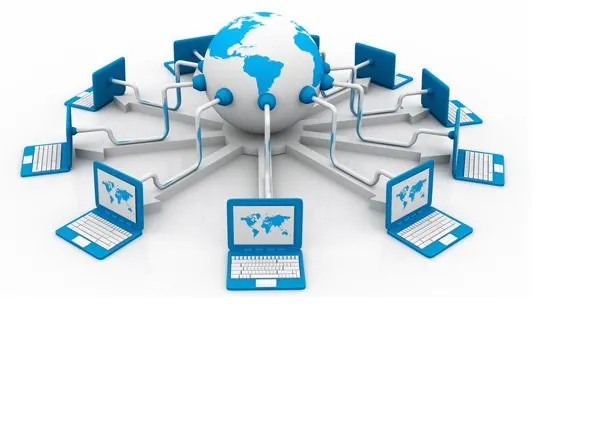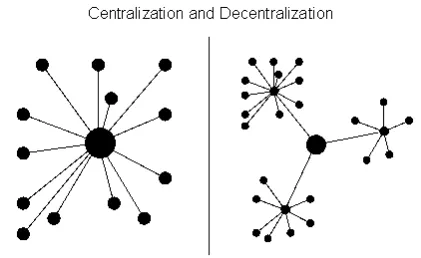If anyone is an avid watcher of HBO’s Silicon Valley, like I am, they might have seen the recent season where the main character Richard is trying to create a fully decentralized internet, free from government interference or the ability or corporate over reach, and I think this is a direction that we will be moving towards in the next 20 years.

Sadly the average first world person doesn’t seem to care about security or government overreaching into their data, but I do believe that as more and more time passes, that will change. It seems like the newer generation doesn’t trust the government, in fact many of the newer generation are questioning the effectiveness of government in ways we haven’t seen before. Even if we look at the election of Donald Trump, whether or not you voted for him, a big reason he won is people are tired of the status quo.
In many third world countries, they are already at the point of zero trust in traditional government and institutions, so ideas like cryptocurrency and decentralization make complete sense. If we talk about Steemit in particular, Im still hoping for some sort of Steemit desktop app that can be set by language and people in countries where it is illegal to speak out against their government, can talk openly and freely. Even if Steemit doesn’t do this, another project probably eventually will.

So back to the idea of a decentralized internet and the benefits it could provide. With the ability for most people to run nodes on a bunch of different electronic devices such as phones, ipads, even TV’s ect, you could create a massive network like the TOR network, but faster and feasible for people who want to do regular tasks.
Right now the biggest problem is that we have to get our internet through providers who have vastly overstepped their boundaries in the last few years, with legislation to keep slower speeds and the ability to sell our data. This disgusting breach of privacy is because there is an oligopoly on internet provision in the first world, especially in the US. If regular users were able to cut off the providers by using a type of internet of things network, we could essentially destroy their power. When companies get too comfortable and have no competition, the consumers end up worse off, which is what we are seeing now.

The idea has been played with before in bitcoin, specifically with 21.co, but I don’t think the world is ready yet to move forward. If there was a way to incentivize people to run nodes with crypto and also provide space for websites through other services like Storj, we could possibly hit the internet 2.0. Im not sure if a single cryptocurrency project could tackle it alone, but perhaps a culmination of multiple ones would be able to solve this problem.